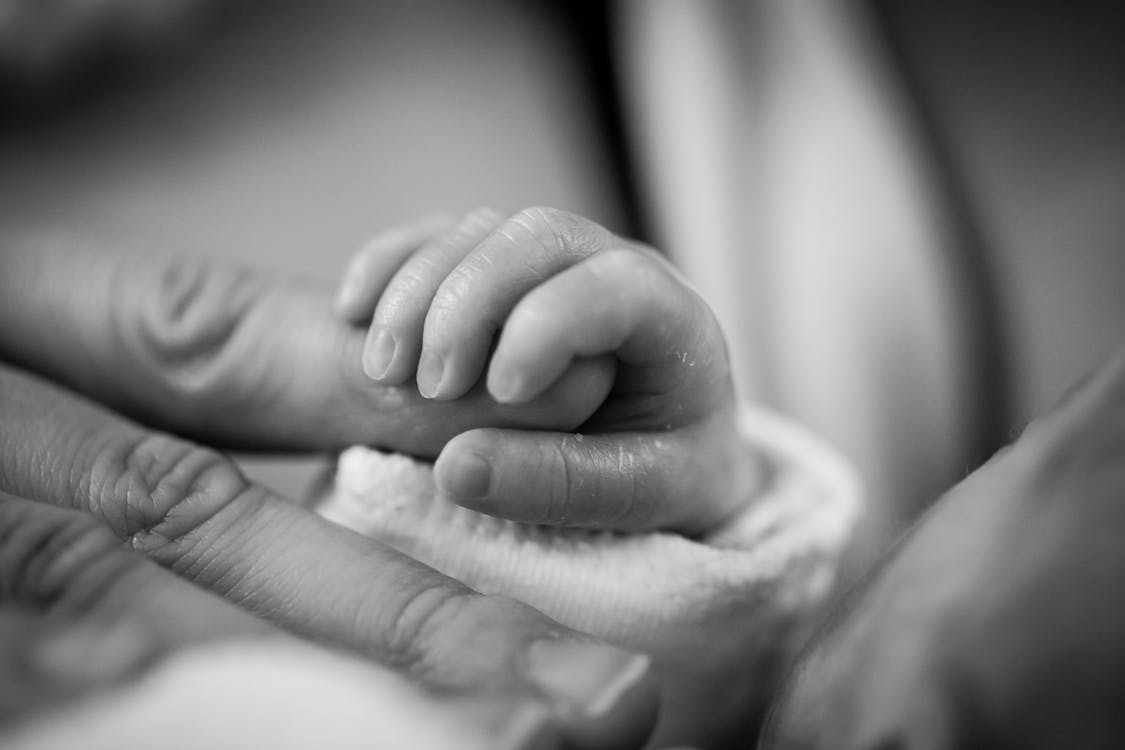by Diane Robertson
By now, everyone knows the story of Charlie Gard. He was a very ill baby. His parents wished to transfer his care from the UK to the US. They had crowd-sourced over a million dollars for some experimental
treatments. The Hospital would not let Charlie’s parents take him.
Charlie’s parents petitioned the government for help, they went to court and the courts said no. The courts even declared that it was Charlie’s “right to die with dignity.” At this point, the story hit a world-wide audience.
People everywhere were furious. No one was asking the government to pay for Charlie’s care. What it came down to was who has the right to make decisions concerning children: parents or the government.
In the end, Charlie’s health decreased and there was no longer hope for his recovery. Charlie’s parents removed their petition. The government and the hospital ultimately had control over the fate of poor Charlie. One could even say that the government is at fault for Charlie’s death. After all, that was exactly what the government wanted for this particular citizen.
Charlie was not even allowed to die at home in the arms of his loving parents. The courts would not allow it.
Most people have heard, “It takes a village to raise a child.” This terrible philosophy has worked its way into the minds of many people. That is why when the court says, “We should make life and death decisions for children and parents cannot,” many people defend that tyranny.
UCL health professor, Ian Kennedy, wrote a horrific article declaring that when the government holds a child hostage and makes life or death decisions for this child, despite the pleas of loving parents, it is because ultimately the final decisions for children belong to that government.
He said, “…As a society, we must choose how to decide such heartbreaking cases. Of course each child is different, but do we accept that there should be principles and rules, whatever the circumstances, that guide us as we try to work out what’s best?
These are the steps. The first is to recognise that children do not belong to their parents. Second, when a claim is made that parents have rights over their children, it is important to step back and examine the language used. We need to remind ourselves that parents do not have rights regarding their children, they only have duties, the principal duty being to act in their children’s best interests. This has been part of the fabric of our law and our society for a long time. Third, if we are concerned with the language of rights, it is, of course, children who have rights; any rights that parents have exist only to protect their children’s rights.”
In other words, children belong to the government and not to their parents. If the parents make a decision for the child that goes in opposition to the wishes of the government, then the government should have the final say. His reasoning? The government knows best.
Parents have fought against this for years, particularly in the public schools. Many have declared they do not need nor do they want the village. Right now it seems as though the village is winning. If parents do not want this, they must speak up and unite against the tyrannical leaders who will hold their children hostage.
In the United States, there is a group, parentrights.org, that has been trying to get a parental rights amendment added to the US Constitution. US citizens can join with them in fighting for the rights of their children.
Charlie Gard’s life ended in a tragedy, but in his short life, he has woken up many parents to the fact that governments are taking away their rights to act in the best interest of their children. Now it is time for parents to unite and stand up for the rights of their children. Parents love best and therefore, parents know what is best.

